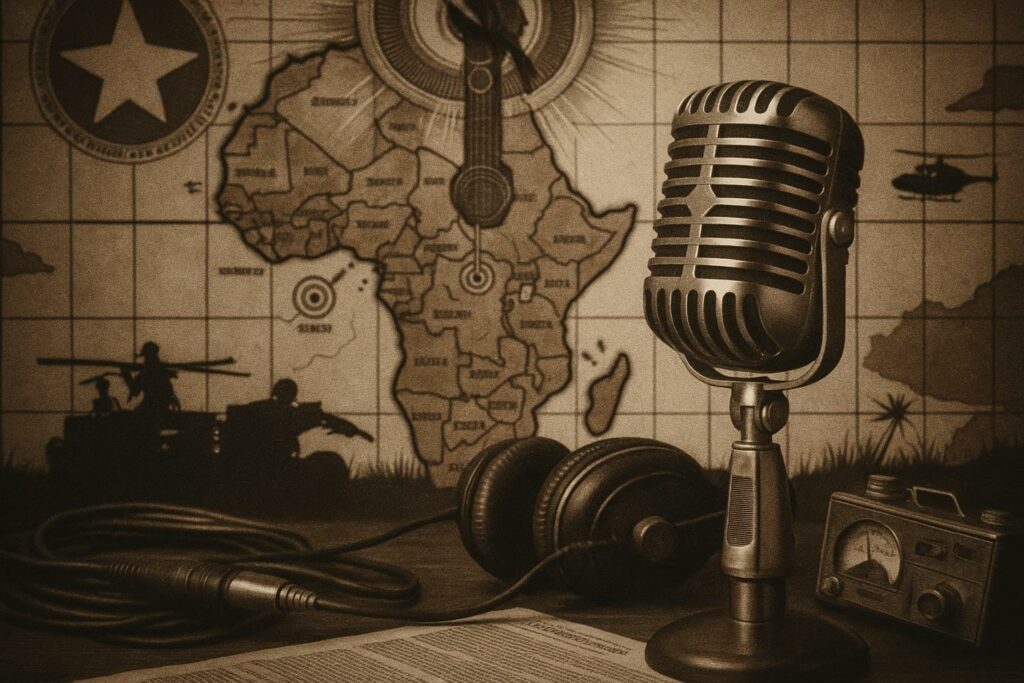The Genesis of a Symbol
Amidst the tumultuous era of World War II, Radio-Brazzaville stands out as a unique emblem of defiance and hope. As France fell under the dark shadow of German occupation in June 1940, the indomitable spirit of resistance found its voice, not just in London through General de Gaulle, but also from the unexpected quarters of equatorial Africa. This transformation was largely facilitated by Felix Éboué, the then Governor of Chad, whose pivotal decision to rally behind de Gaulle laid the groundwork for the establishment of French Free territories. This allegiance turned Brazzaville into a burgeoning nerve center for administrative and political activities supporting the Free French movement.
Technical Triumph in the Heart of Africa
Constructing a vast radio network in the early 1940s within the heart of Africa was akin to orchestrating a symphony amidst a maelstrom. The engineers, both French and British, faced challenging tropical climates, the isolation from industrial hubs, and a scarcity of essential equipment. This formidable enterprise involved the lengthy transit of materials via cargo ships, circumnavigating Africa, and navigating up the Congo River. Yet, through tenacity and innovation, the radio station was established, its antennas pointing defiantly toward an occupied Europe, determined to dispatch messages of resistance and freedom across seas and continents.
Broadcasting Boundless Unity
By 1942, the reverberations of Radio-Brazzaville were not just an anomaly but a necessity. It served as a bastion of Republican principles amidst the propaganda barrages of Vichy and Nazi broadcasts. The station’s content was varied and vibrant, comprising political discourse, military updates, personal messages, and cultural exhibitions. The diverse spectrums of voices, ranging from reformed colonial officials to intellectuals, lent authenticity and relatability, resonating deeply within clandestine audiences across occupied France. Particularly striking was the station’s endeavor to integrate local African dialects, thus fostering a rare intercultural bridge between European resistance efforts and nascent African political consciousness.
Lasting Resonance of Freedom
The clandestine nature of Radio-Brazzaville’s broadcasts had an indelible impact on French public opinion during the war. In conjunction with the BBC, it infiltrated countless homes and hearts, its signals a testament to tenacity, its messages a catalyst for resilience and hope. As the tides turned and the liberation unfurled in 1944, this legendary station gradually receded from prominence. However, its legacy as a precursor to Africa’s advent on the global stage, as well as a symbol of resilience in the historical saga of resistance, remains unassailable. The echoes of Radio-Brazzaville continue to serve as a reminder of the valor and ingenuity that can blossom in the face of adversity, reinforcing the profound impact of communication and solidarity.

